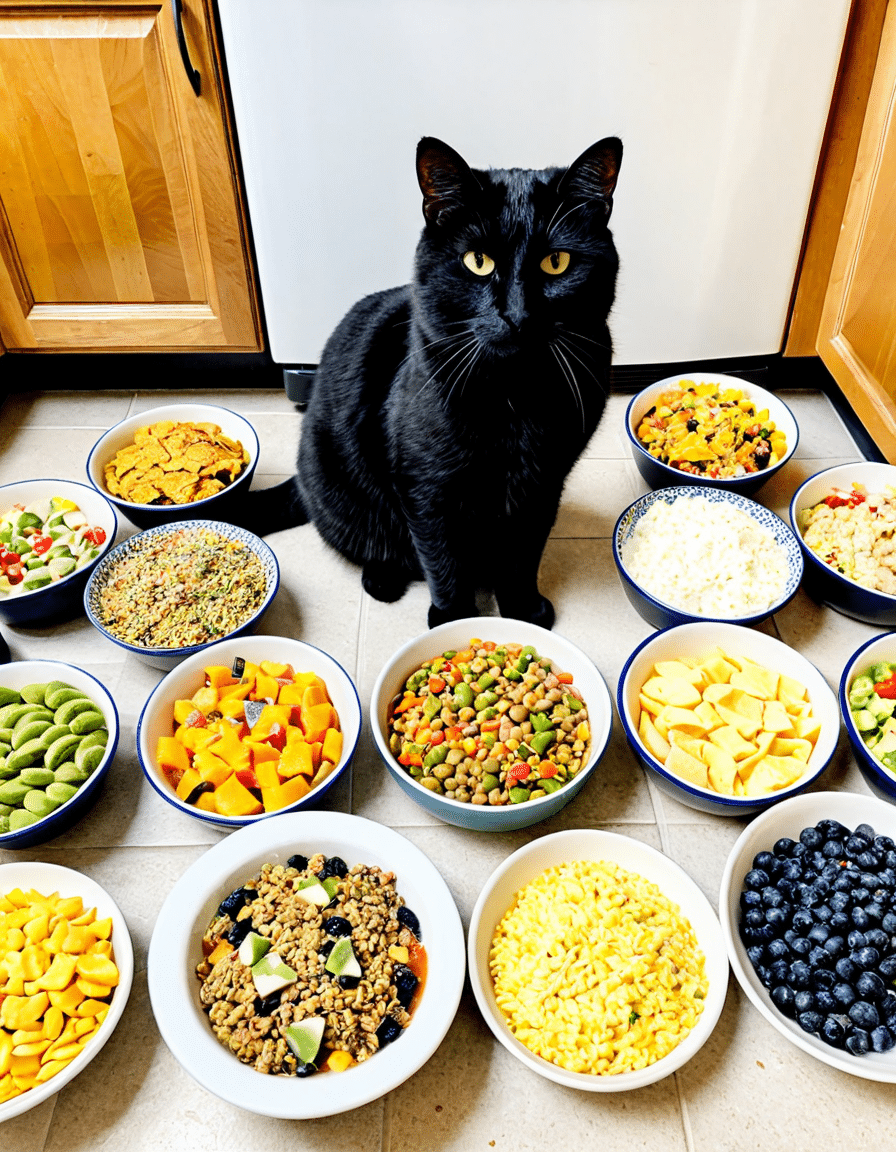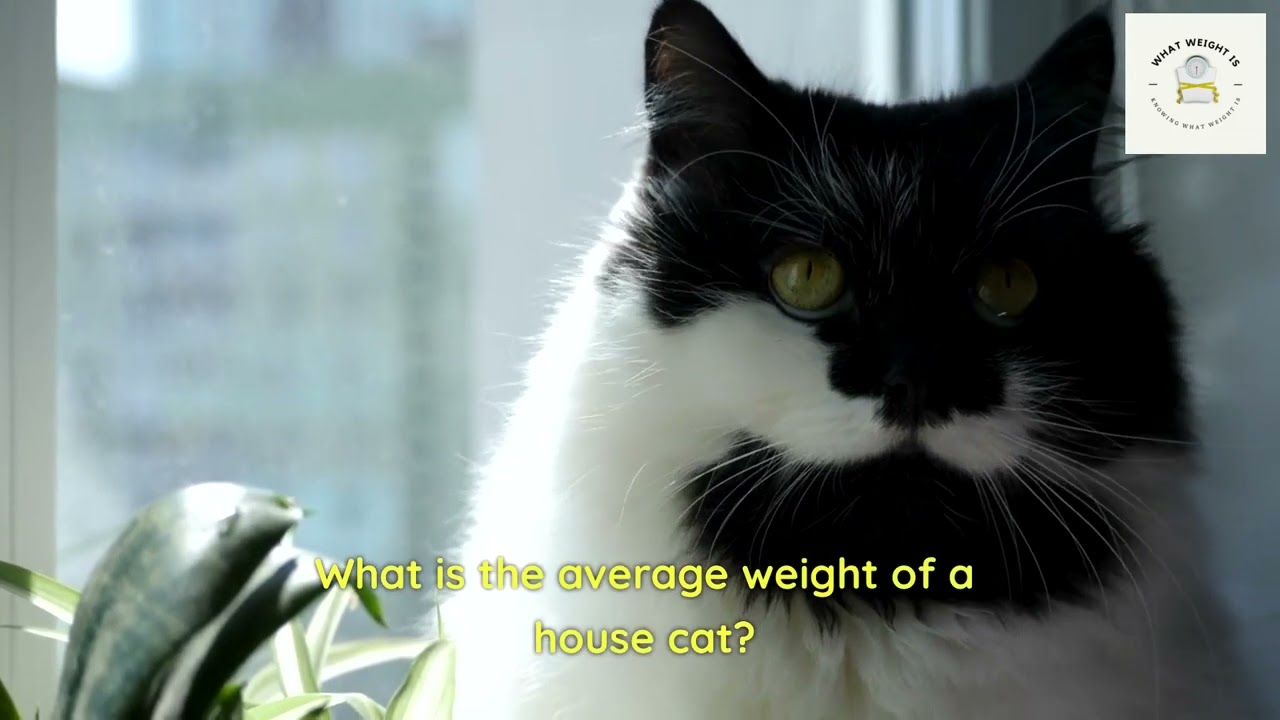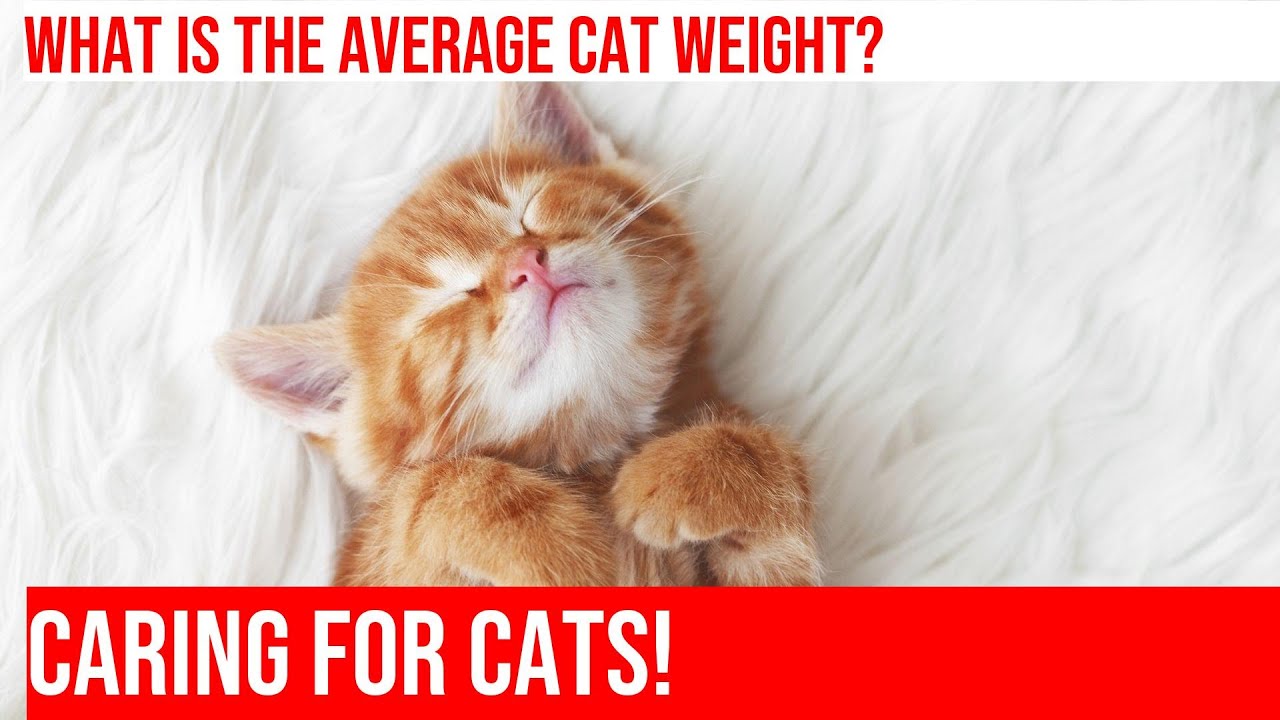When people think about house cats, one of the most pressing questions that frequently pops up is centered around their weight. The average weight of a house cat typically hovers around 8 to 10 pounds. However, this number isn’t set in stone. Weight can shift significantly based on a range of variables like breed, age, and health. Different breeds show distinct average weights; for example, the popular Maine Coon often tips the scales between 10 to 25 pounds, while the elegant American Curl averages more modestly at 5 to 8 pounds. Recognizing these variances helps cat owners provide proper care, ensuring they’re setting up the right diet and exercise regime.
The Factors Influencing the Average Weight for a Domestic Cat
Several key elements play a starring role in determining the average weight for a domestic cat:
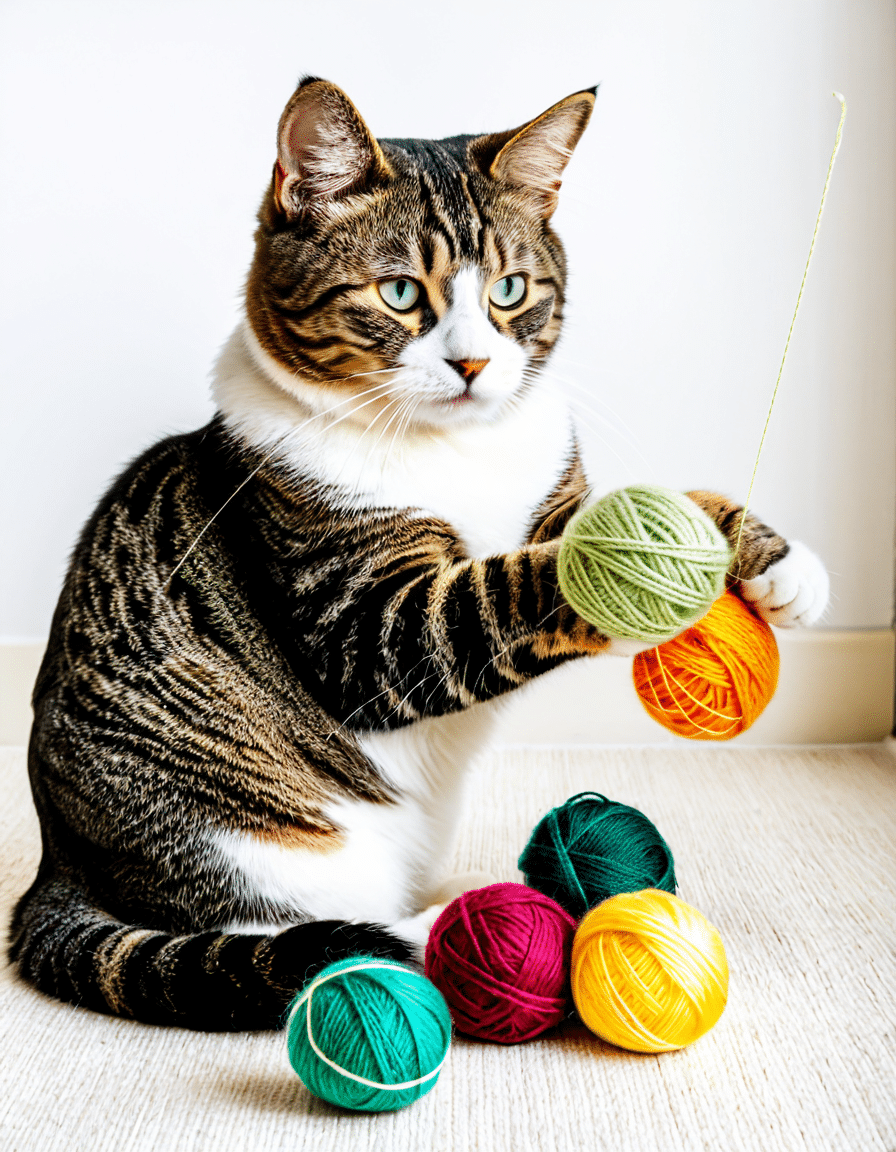
Recognizing Healthy Weight Ranges and Obesity in Cats
Knowing whether your cat’s weight falls within a healthy range is critically important for their longevity and quality of life. A cat is often considered to be in a healthy weight zone if you can feel its ribs without an overabundance of covering fat. Additionally, you should notice a defined waistline when looking down from above. While the average weight of a house cat may seem like a safe zone, having a cat that weighs too much brings significant health risks. These can resemble human issues, like diabetes, arthritis, and heart disease.
Here are some signs that your kitty might be tipping the scales too high:
It’s always wise to consult with your veterinarian if you notice any of these concerning signs or if you’re guessing about your cat’s weight.
Average Weight of a House Cat versus Pet Dogs: A Unique Perspective
Comparing the average weight of a house cat to that of dog breeds offers some fascinating insights. Here’s a glimpse into how the weights stack up:
These comparisons reveal how species and breed characteristics significantly influence weight, offering valuable insights for prospective pet owners. It’s worth bearing in mind that while not all breeds are the same, understanding the general landscape can aid in making informed decisions about pet care.
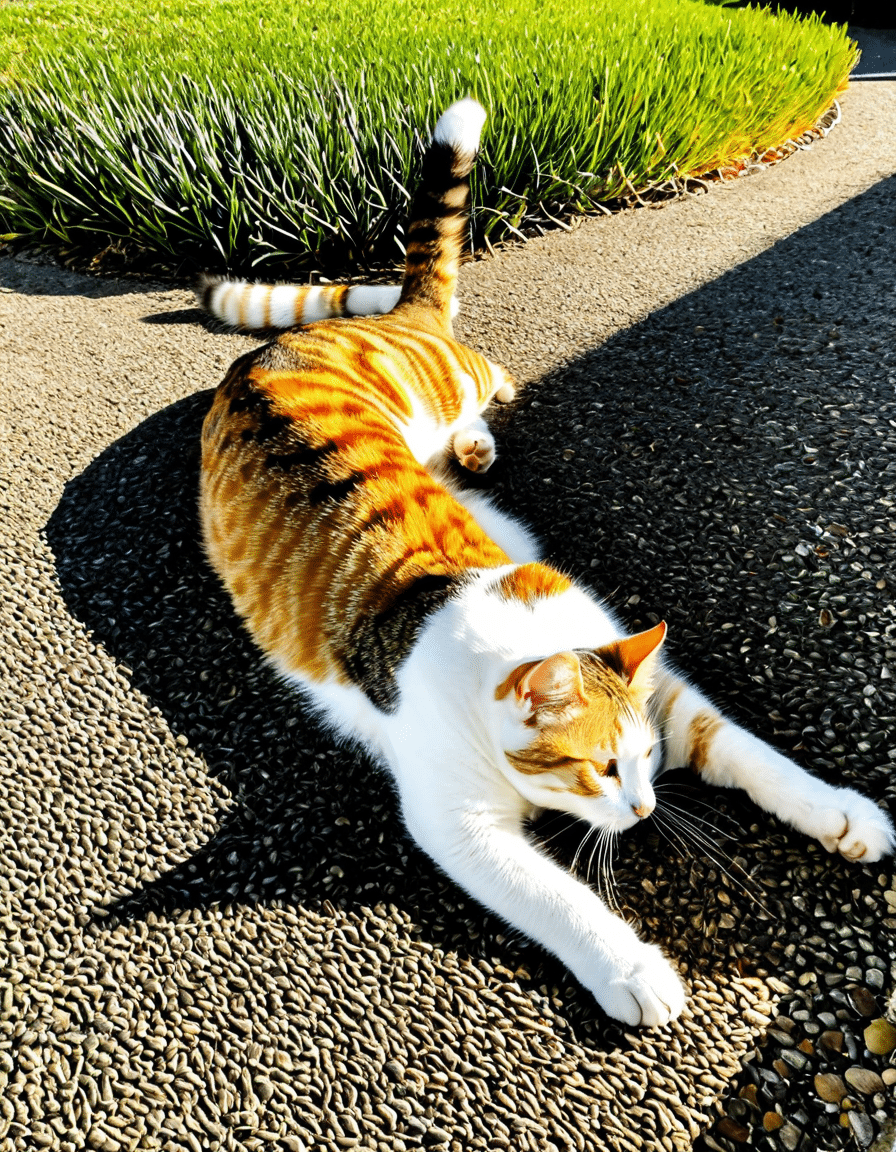
Designing Spaces for Cats: Considerations for Large Dog Crates and Kennels
When you’re preparing a comfortable living space for your feline friend, considering large dog crates and kennels can offer ample room during travel or vet visits. The measurements of a large dog crate typically soar between 42 to 48 inches in length and 28 to 30 inches in height. Such sizes offer extra space not just for dogs but also for bigger cat breeds during transport, making them practical for many households.
Similarly, the dimensions of a large dog kennel can provide a sheltered environment for cats needing larger accommodations. While these structures primarily serve dogs, they can function as secure, temporary hideaways for cats, especially those that might need extra space or comfort when feeling anxious.
Artistic Perspectives on Feline Weight Management
When it comes to managing feline health, educating pet owners on responsible pet care takes on various interesting forms. Engaging in interactive play—like using feather wands or laser pointers—encourages exercise tailored to your cat’s weight and health needs. But let’s face it, you can’t underestimate the significance of providing a healthy and balanced diet.
For instance, incorporating higher protein content in your cat’s food and controlling their calorie intake can work wonders in achieving and maintaining their average weight. By striking this balance, you not only support their physical health but also enrich their mental well-being, making them happier overall.
Wrapping Up: A Collaborative Approach to Pet Health
Keeping the average weight of a house cat in check requires attentiveness from pet owners, along with an understanding of specific breed needs and nutritional requirements. By staying ahead of these factors and fostering environments that promote active lifestyles, we help our feline friends enjoy long, healthy lives. A balanced routine of play, careful diet management, and regular vet visits not only enhances their physical health but also enriches their spirits.
So, let’s make sure our pets can keep happily curling up on our laps to enjoy endless cuddles for many more years to come!
For pet owners looking for diverse pet-related topics, seeking assistance can often spark the right conversation. As intriguing as the average weight of a house cat might be, there’s plenty more to explore within the world of pet care and health—be sure to check out our other articles scattered throughout Pets Dig.
Whether you’re after tips on caring for a hedgehog as a pet, curious about if dogs can have acai, or even if you’re exploring options for slow cooker dog food, we’ve got you covered! With the wealth of knowledge available, ensuring your furry friends lead happy and healthy lives becomes less of a challenge and more of a rewarding adventure.
Average Weight of a House Cat: Fun Facts You Didn’t Know
A Closer Look at Cat Weight
Ever wonder what’s the average weight of a house cat? Typically, a domestic cat tips the scales at around 9 to 11 pounds, but this can vary a lot depending on factors like breed, age, and diet. Interestingly, some breeds, like the Maine Coon, can weigh in at a hefty 25 pounds, making them one of the largest domestic cats out there! Just like people, cats come in all shapes and sizes. And speaking of unique body types, did you know that cats have a remarkable sense of smell? In fact, they can even detect the smell Of death before dying—a fascinating survival instinct that highlights their acute sensory abilities.
Weight’s Impact on Health
Maintaining a healthy weight is vital for your feline, as being overweight can lead to some serious health issues like diabetes and arthritis. You might find it intriguing that a heavier cat can suffer from the same ailments we associate with humans—like heart disease! This is a good reminder to keep an eye on your pet’s weight. If you’re curious about what keeps a cat’s body in shape, it’s just like how a well-rounded diet can impact a dog’s health, just as you might be wondering, can Dogs have Acai Both animals thrive on a balanced diet, so make sure to feed your kitty nutritious food to foster their health.
Fun Features of Feline Friends
Aside from their weight, cats are simply remarkable creatures. Their agility and flexibility are unmatched; they can leap up to six times their body length! Speaking of extraordinary talent, it’s fascinating to think about how public figures like Zosia Mamet could share their space with such agile companions. And in the same line of thought, if you create a cozy environment for your kitty—like setting up a little spot with views of your backyard—you might have your own personal show featuring squirrels and birds, much like how The Boathouse Christchurch offers picturesque views. So, if you’re looking to turn your home into a fun space for your cat, you might find that it enhances their mood and activity level, keeping them fit and happy! Keeping weight in check might just help your cat live their fullest nine lives.
